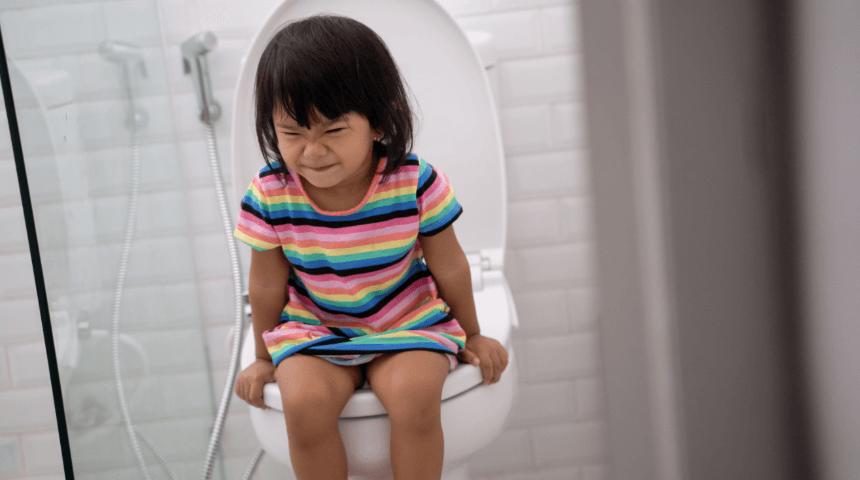As parents, we always want what is best for our children. But sometimes we need to take a step back and let our kids make their own decisions. It’s still possible to provide love, support and safety while allowing them to struggle and learn new skills on their own.
If you notice your child relying on you for help with small tasks or decisions that they should be capable of at their age, then it might be time to step back and evaluate your role as a parent. If you notice that you feel the need to control every aspect of your child’s life, it also may be time to re-evaluate your parenting style. You may have become a helicopter parent without even realizing it.
The term “helicopter parenting” was coined in 1969 by Dr. Haim Ginott to describe moms and dads who are so overly focused on their children’s lives that they seem to hover over them like a helicopter. Though well-meaning, helicopter parents generally are very controlling of their children, even taking responsibility and credit for their children’s achievements or disappointments. Also referred to as “lawnmower” or “bulldozer” parenting, this problematic style of parenting has become increasingly common during the last few decades.
Why Helicopter Parenting Is on the Rise
Peer pressure can play a role in parents becoming increasingly hypervigilant of their children’s lives. A father may see another father who is overinvolved, for instance, and then feel guilty that he is not as involved in his own child’s life. He may then become overbearing and pressure his child in the same way.
The fear of a child struggling, feeling unhappy or not excelling as much as they could can contribute to parental hovering. Parents often assume that by helping their child complete a task instead of letting them do it on their own, they’ll alleviate any potential disappointments their child may face. These parents also are known for being extremely proactive in choosing a child’s teacher or activities, with little or no input from their child.
Consequences of Hovering Parenting Styles
It’s important to keep in mind that the intentions of helicopter parents come from a place of love. But this style of parenting may lead to negative consequences in children because they will not learn how to cope with disappointment or failure. The experiences of not making the varsity sports team or getting a low grade on a test are vital teaching moments. Without these tough experiences, children may struggle to adapt to the curveballs life throws at them in the future.
When we encounter disappointments or failures in our lives, we learn new skills, which builds resilience. If parents make every decision for their child in hopes of avoiding disappointment, it may affect their child’s ability to be resilient in the face of hardships. Helicopter parenting also sends a message to kids that their parents don’t trust them to perform certain tasks on their own. This can lead to the unintentional consequence of low self-esteem and confidence. On the other hand, if a child has a parent step in every time they don’t get what they think they deserve, this parental overreach also can lead to children having a sense of entitlement.
Remember, a child will never learn how to tie their own shoes or cut their own pancakes if their mom or dad is always completing that task for them. Although it’s faster and more efficient for an adult to take over, this type of behavior deprives children of developing important life skills. Whenever possible and appropriate, step back and let your child tackle the task on his or her own.
The Benefits of Boredom (and Other Tips to Avoid Helicoptering)
Helicopter parents tend to pack every minute of their child’s day with activities, typically chosen by the parent. Take a look at your child’s schedule and make sure there is enough free time for play and relaxation. Letting kids have free time will lead to boredom, which is actually a wonderful thing. This unstructured time teaches kids that they have to make their own decisions on how to resolve their boredom, leading to more self-reliance, creativity and play.
Another step in lessening your potential over-involvement in your child’s life is to establish better communication. Is your child signing up for an activity because they are truly interested in pursuing it, or is it because you’re interested? Talk to your child and see what interests them and why.
Consider assigning daily chores that need to be done around the house and then identify age-appropriate tasks for your children to perform. School-age children can help set the table for dinner, feed the dog, make their beds, and perform many other tasks around the house. Ask your kids what chores they’re interested in doing. By giving your kids the chance to make their own decisions at home, their confidence and self-assurance will grow.
Are You Interested in Learning More?
Sign up for our e-newsletter for more tips and best practices from pediatricians.
Sign Up Here










